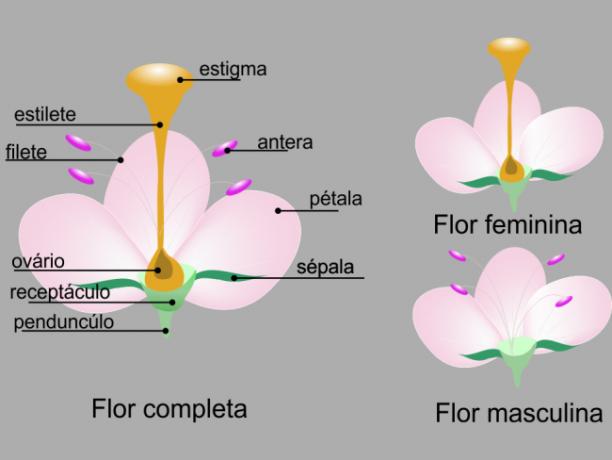Heredity consists of the set of processes related to the transmission of genetic characteristics between individuals, that is, physical and psychic aspects that are transmitted from the ascendants (parents) to their descendants (children).
Heredity, also known as Genetic inheritance, ensures that genetic factors are transmitted through the reproduction of living beings.
All genetic information is present in genes, which in turn form the DNA of individuals, presenting unique characteristics shared between ascendants and descendants.
There are two types of heredity: specific and individual. The first concerns all the factors that are common to a particular species. The second designates the genetic agents responsible for the characteristics of individuals.
so thanks to specific heredity we were born as human beings (our species), and due to individual heredity we have similar aspects to our parents.
In addition to genes, chromosomes and DNA are protagonists in the processes of transmission of genetic characteristics between beings.
See also the meaning of chromosomes.
Genetics and heredity
Heredity is one of the basic concepts of genetics, an area of scientific study that is limited to studying biological phenomena related to genetic inheritance.
Learn more about the meaning of Gene.
Principles of heredity
- Genes, where genetic information is stored, are transmitted from parents to children, so that their characteristics develop;
- Genes are transmitted through gametes (sperm and eggs);
- All genetic information is present in gametes;
See also the meaning of DNA.



